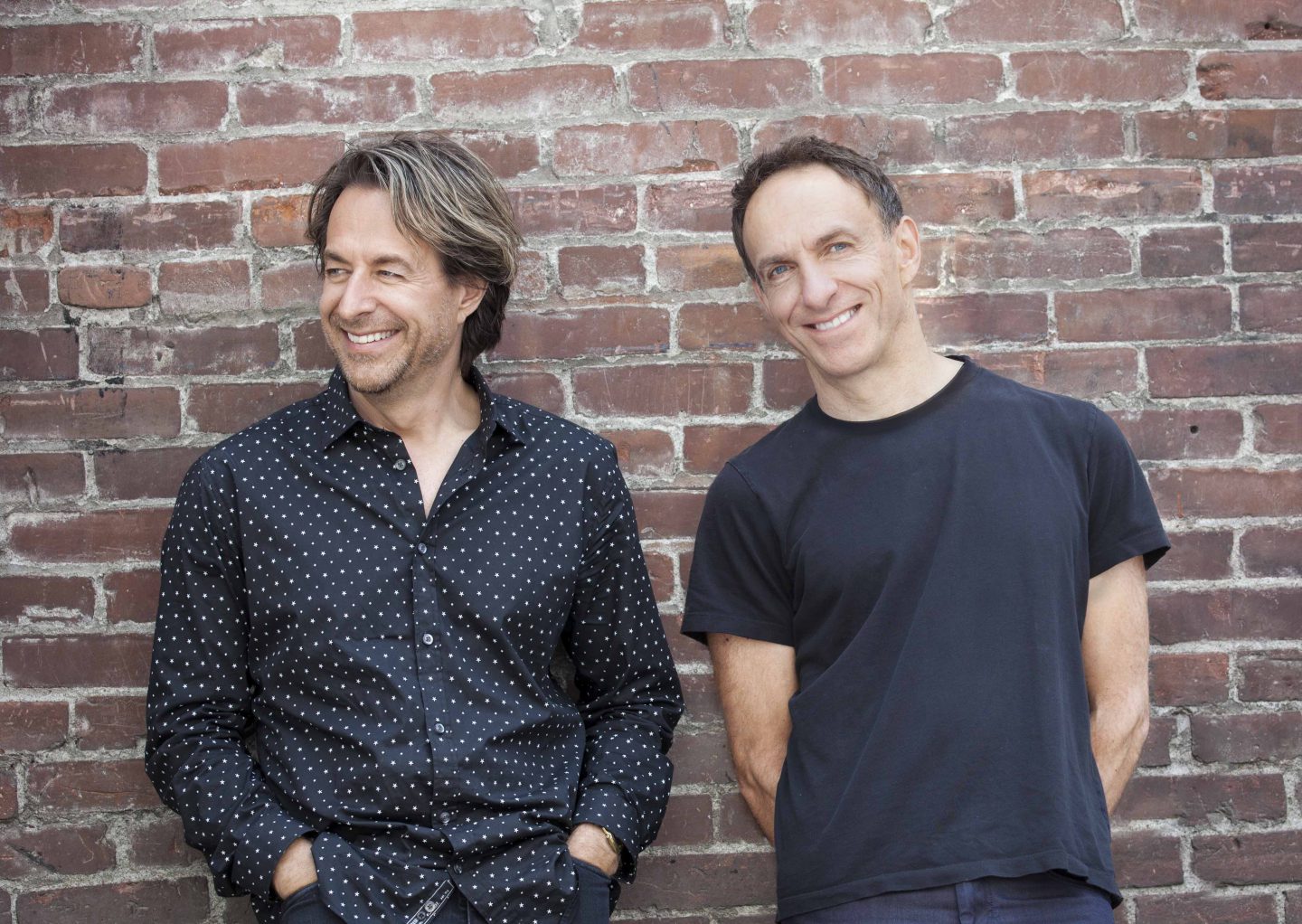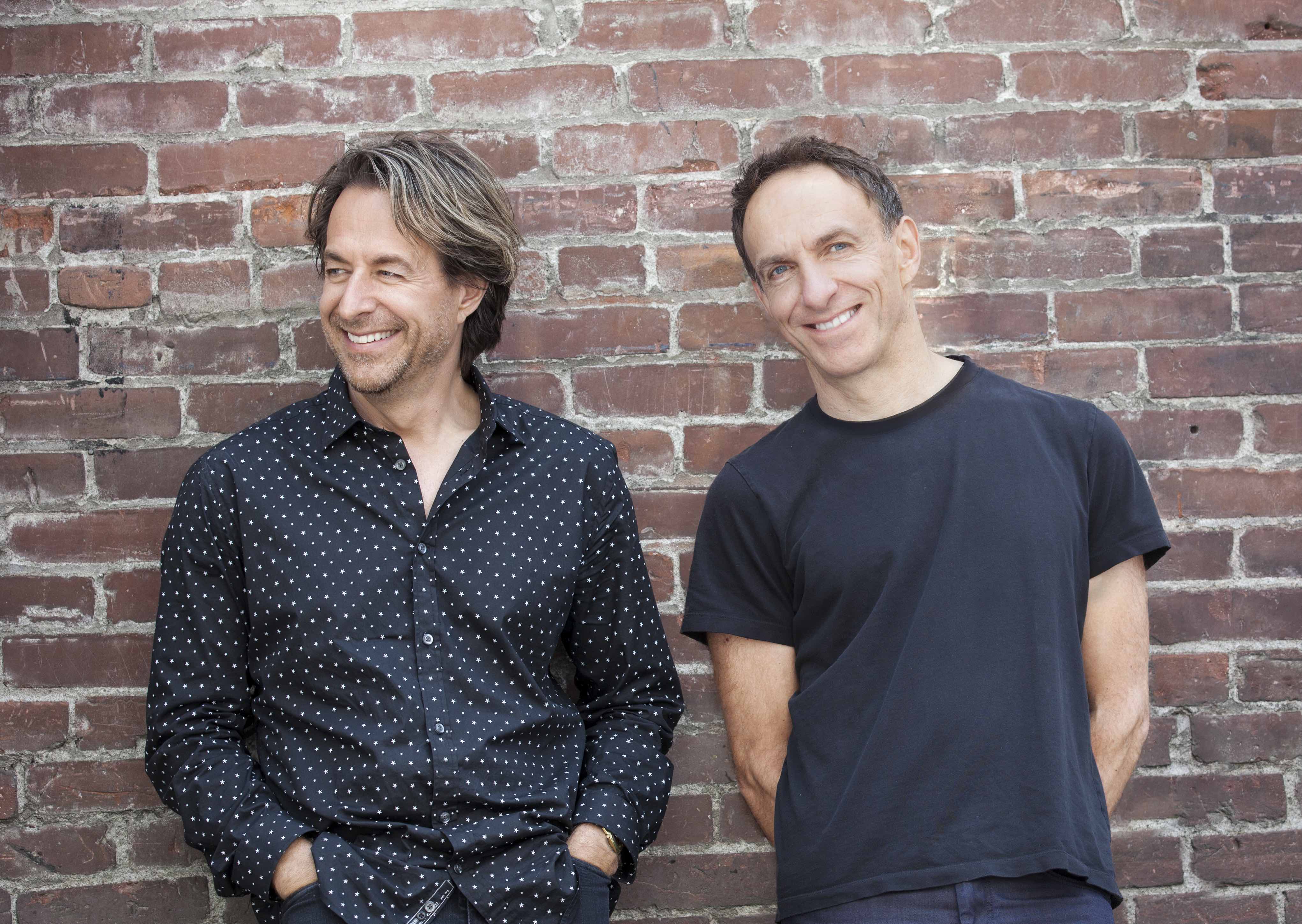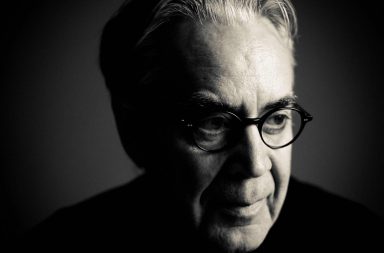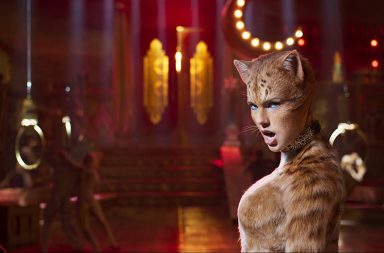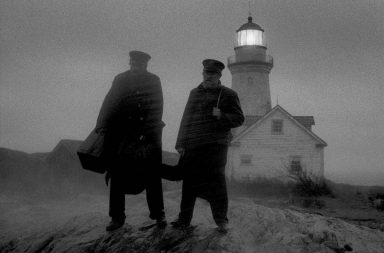If you’re a film buff, Jeff’s and Mychael Danna’s melodies have permeated your brain at some point as they have been in the film music industry for almost three decades now. Together, their repertoire spans over all genres, from thrillers to arthouse dramas, from indie feel-good comedies to animation, from horror to fantasy. They have established very recognizable individual award-winning careers (Mychael is a frequent collaborator of Ang Lee’s and Atom Egoyam’s, Jeff regularly works with actor/director Tim Blake Nelson and knows how to give you the creeps when it comes to scoring horror films) but the brothers do like to join forces from time to time. Among their latest efforts, we have Netflix’s Alias Grace, Pixar’s The Good Dinosaur, Ang Lee’s Billy Lynn’s Long Halftime Walk and Nora Twomey’s The Breadwinner, the focus of the interview we had with them last April.
The Breadwinner is Irish animation studio Cartoon Saloon’s latest multi-winning film. Adapted from Deborah Ellis’ novel, Twomey’s brilliant animated drama tells the story of Parvana, an Afghan girl who has to leave her childhood behind and become her family’s breadwinner when the Taliban arrest her beloved father. Even though it is set in stern Taliban-ruled Afghanistan, the film brims with colours, imagination and inventiveness, and celebrates the resilient resourcefulness of the human spirit. The Dannas create a warm and vibrant soundscape that is true to the Afghan culture while encapsulating the motifs of a traditional western film score.
Jeff and Mychael took the time to tell us about their collaboration with Nora Twomey, the difficulties to recruit musicians among the Afghan diaspora, the careful choice of instruments and their working process.
How did you get involved on The Breadwinner and how did director Nora Twomey approach you?
Mychael Danna: I think she had seen some of our animation work that Jeff and I have done together. We did Pixar’s The Good Dinosaur and I think that’s a film score that she liked. She knew that we both spent a lot of our scoring time combining the music of different cultures and she definitely wanted the music of Afghanistan mixed with Western music in The Breadwinner.
When did you arrive on the project?
Jeff Danna: We did a little bit of work early on, when they were still animating, that was in the summer of 2016. We just did a couple of tunes for the animators because they needed to run some tests to see what music we would end up with. We did this whilst in the middle of working on another film. We did not spend that much time with them, just a few days. Then we came back to them in February afterwards and jumped in from there both feet in.
Did Nora Twomey give you more directions regarding the music and how did you collaborate with her while writing the music?
MD: Nora has a really advanced language for music and story. She is a wonderful collaborator and a great director to work with. She laid out from the beginning things that she wanted the music to accomplish. Because this is an Afghan story, she wanted the music of these people to tell their stories. It was important to her that we respect the culture and use instruments in appropriate and sensitive ways, but also combine Western music with standard so-called film score music so we’d reach people in the West as well as the East. That was important to her that we were able to bridge the two worlds. But then also, her aesthetics was that music would be broken into two parts : that of the “real world” and that of the “story world.” The “real world” music would not lead and it would be quite subtle, like something that would comment on emotional states after they happen not before. On the contrary, the “story world” music could certainly have more colours and be more fun and dynamic.
You created a very Afghan-inspired score. However, the world which Parvana lives in is probably silent because the Taliban had banned all forms of art and entertainment, music included. So how much of a challenge was it to create the music of a music-less era and place ? Where did you draw inspiration from?
JD: Casting the musicians who could play these instruments from the Middle East* was the biggest challenge in some ways. Certainly a bigger challenge than we’d ever had in all of our other international dabbling with other cultures. This was the hardest group of players to find as there’s been a lot of cultural damage done in Afghanistan. We found a couple of people in Switzerland, some here in Los Angeles, there was somebody in Montreal. We used a lot of Skyping to do sessions with them! We were able to get some of them into our studio in Los Angeles and work with them here. But most of them, it was a long distance relationship. There was a tula player that Mychael found in Kabul. He did an amazing work for us but he recorded in his own place. The highlight for us was working with the girls’ choir. We recorded with the Afghanistan National Institute of Music: it’s a school in Kabul and we were able to do our recording with the girls that go to the school.
So, is it an institution that was founded after the Taliban regime?
MD: Yeah, this is an amazing story. This man, Dr. Sarmast, was a musician and his father was a musician too. When the Taliban came, music was banned and he left the country, I think he went to Australia. When the Taliban fell, he came back to Kabul and he found out that so much of the musical tradition had been destroyed and he wanted to help rebuild it. So he started this school, The Afghanistan National Institute of Music, which not only teaches young people music, but also teaches young girls music.
That’s fantastic, especially given the themes dealt with in The Breadwinner.
MD: Exactly, so it was the perfect place for us to work with. Dr. Sarmast was threatened by the remaining extremists who told him he had to close the school. He was the victim of a bomb attack during a concert and luckily he survived but his earring has been greatly damaged. This man has a lot of courage, just like these kids and these girls that go to school and play music. It is something that we take for granted here in the West but it’s a very dangerous undertaking over there. So it was a real honor to work with these musicians and these kids. It helped us put perspective on our lives and it helped us tell their story.
The story of The Breadwinner tackles very sensitive issues for an animation film. Does this change the way you approach the film as composers?
JD: The biggest difference between this movie and other animated movies we’ve worked on was the “real world” side of the music. We really approached the “real world” side of music like any dramatic feature. It wasn’t cartoony in any sense, there was something very prosaic. We tried to represent the hardships and struggles of Parvana’s somewhat bleak existence there. That was the big difference from working on Storks or The Good Dinosaur.
How do you two work together, how do you share the workload?
MD: We’ve worked together since we were kids, we’ve played in bands together. It’s something natural to us and we don’t even think about it. Generally, we would watch the film together and discuss it together and come up with our concept of what we think the role of the music should be, what the instruments should be and all those details. Then we would meet with the director, spot the film. One of us might say “Oh, I have an idea of how to start this theme, so I’ll go do that.” The other one might take on another theme, and then we send it to each other, the other guy might write the second half of it. We critique each other and share stuff. We rarely are in the same room. Sometimes we are but we mostly just send files back and forth. By the end of the process, pretty much every cue has been through both of us. Sometimes I can’t even remember who wrote what at that point. A true collaboration.
You were saying that you discussed the choice of instruments. These instruments used for The Breadwinner are very specific to the Middle East, did you know exactly what you wanted or was it something that was discussed with the Afghan musicians that you recruited along the way?
JD: A lot of it was just finding what we could find. We did a lot of research in the beginning, but there were certain instruments that we never found. But we did find most things. For instance, we found the rabab, an instrument traditionally used in Afghan music, a guitar-like instrument with a very recognizable sound. We found most of the colours we needed eventually. There are some instruments in the Middle East that crossover like the santur, which we find in Egyptian music. There’s a lot of overlap. We got everything we needed with very little cheating (laughs)!
You also scored Netflix’s Alias Grace, the story of a woman crushed by patriarchy, a very similar theme to The Breadwinner, in a way. Can you tell us more about your work on this mini series that contains more classical, Western music?
MD: In telling a story, the colours and the instruments are different, we’ve spent our lives making and studying all kinds of music, we are both pretty comfortable in moving from one thing to another. It was fun to do such a minimalist kind of music for Alias Grace. It’s such a wonderful mood piece and music is a big part of it. There were six one-hour long episodes, it’s like doing a six-hour movie, you can extend your themes out and develop the characters. We worked with fantastic classical payers in L.A. and it took the music to another level. It was a pleasure to work on it all the way through.
What was your training as musicians?
JD: There’s always been music in our house when we were growing up. We were sent to private music lessons — not that we were unwilling! We started early and from there we went all the way through high school with music. Mychael went to university to pursue studies in music composition. I was playing in my band, writing songs. Eventually we both ended up in the film business!
What’s coming up now for you, individually and/or as a team?
MD: We work together a lot but we also work separately. We are now in a separate phase (laughs)! I am working on a Ruth Bader Ginsburg picture, it’s called On the Basis of Sex, with Felicity Jones in the lead role.
JD: I am working over at Dreamworks for a Guillermo Del Toro animated project, 3 Below. It’ll be a science fiction animation project. He’s a really cool guy to work for. I am working on a film as well. Mychael and I will work again together in July 2018 for this fantastical British mini series called The Rook. It will be the same showrunner who did The Night Manager. The shooting is starting this week in London [Editor’s note: the interview was conducted first week of April 2018]. That’s it!
Interview prepared, conducted, transcribed by Marine Wong Kwok Chuen
Edited by Valentin Maniglia
*The Dannas recruited musicians able to play the tula, the ney, the zurna, the guitarviol, the rabab, the kamaan, the oud, the santur or the dilruba for the score. In addition, Mychael played the harmonium and Jeff the cumbus, the cuatro, the bouzouki, the cittern and the lap steel.
